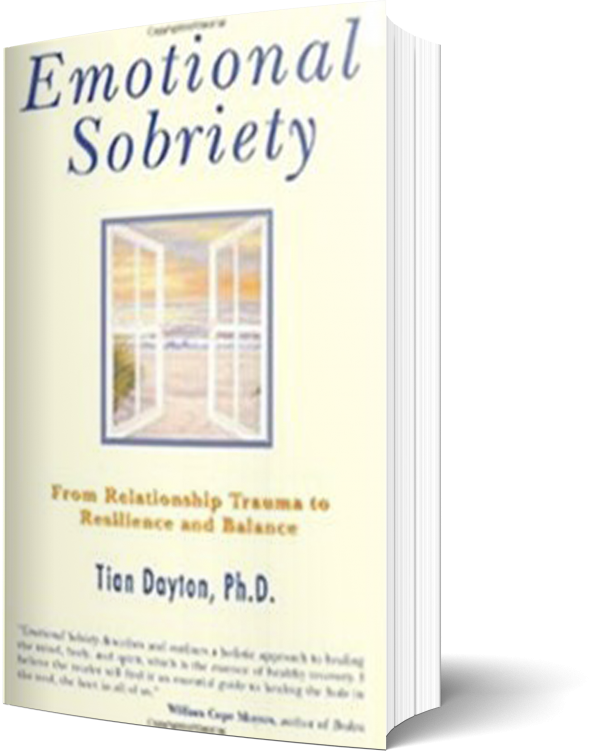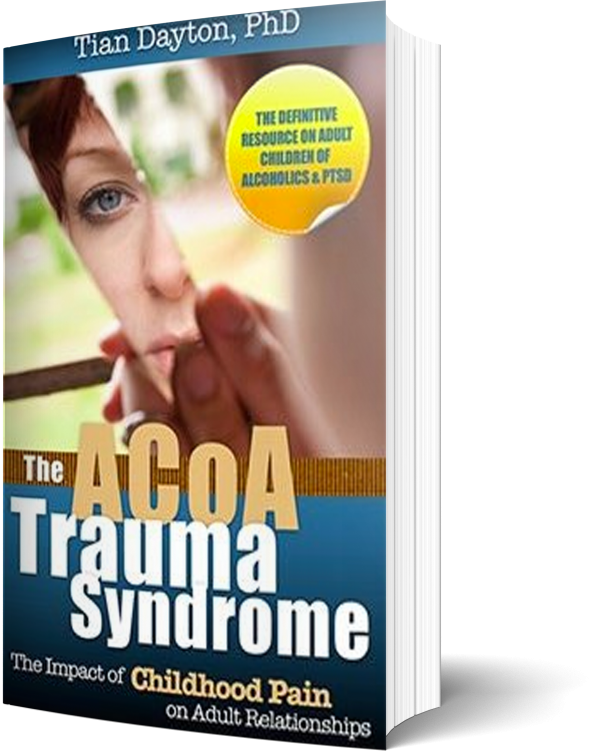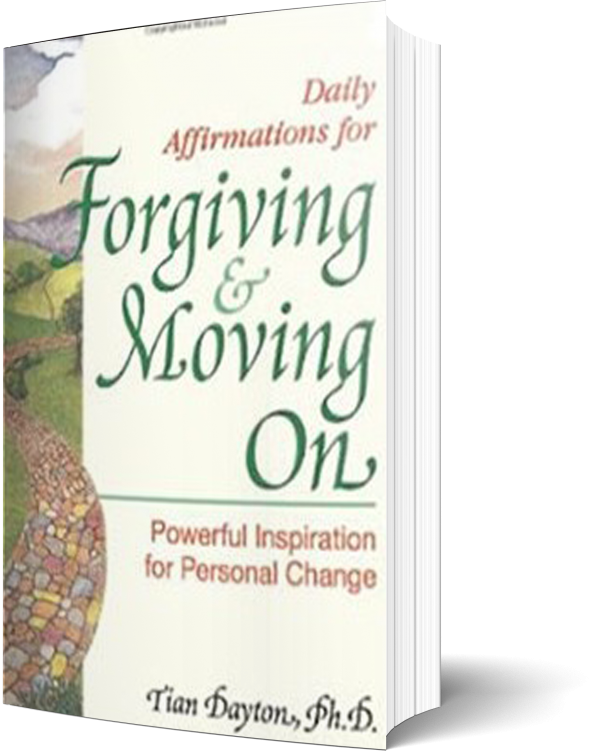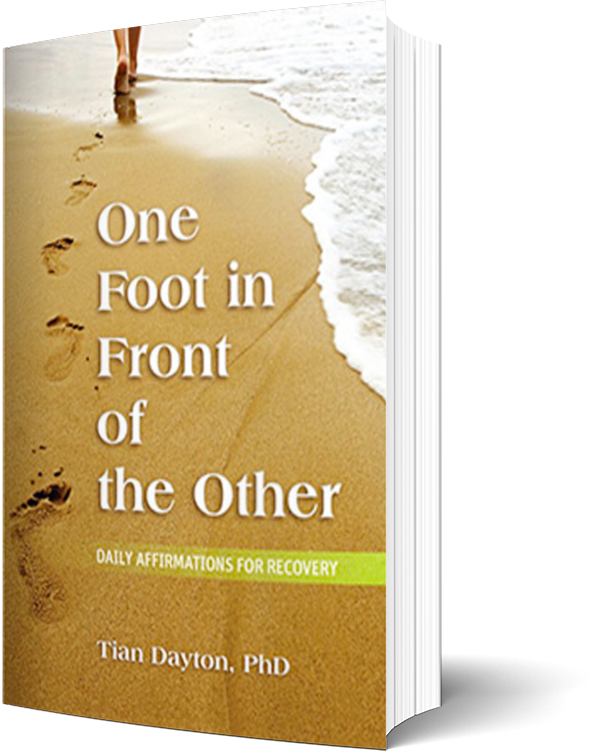Mariah Haberman, recently crowned “Miss Wisconsin” is using her platform as a pageant winner to talk about what it is like to grow up in an alcoholic family. And she is speaking out about the “protective relationships” that helped her to build resilience and strength so that she could thrive in spite of the odds.
“I don’t think my life was stolen from me, but (their drinking) totally shaped the person I am today,” says Haberman.”I grew up in a family where alcohol was very prevalent, alcohol was always around and eventually in 2007 my step father was killed in a drunk driving accident, that obviously changed my life. And it changed my entire family’s life.” Like so many children trapped in families where alcohol is “very prevalent”, Haberman kept the family secret. “I never spoke a word about our dysfunctional lifestyle while I was growing up. I wanted that family of perfection look from the outside,but when my stepfather died, I realized enough was enough and the weight fell off my shoulders and I was ready to speak out. My grandmother was my number one role model, she was a really a positive influence, really pushed education and always taught me to dream big, so I attribute my ambition and success to her.”
And there was someone else, too. A step mother.
“Fortunately,I was able to look up to my grandmother and my stepmother. Their presence was vital in my life, I wouldn’t have been able to be the nurturing role model to my siblings had I not had them,” says Haberman in an article in The Reporter by Colleen Kottke, “I also feel so blessed that my siblings have been able to grow from this experience, too, and are better people because of it.”
This ability to look at the glass as half full and to make positive meaning from suffering and to learn from experience, are core qualities of the resilient child.
Protective Factors
Research on resilience consistently talks about “a bonded relationship” as being one of the two primary “protective factors” when it comes to helping children in risky situations thrive, the other being average or above average intelligence. Not only did her grandmother and her stepmother provide the love and support for Haberman to “dream big” in her own life, but Mariah feels that she was able, with the help of these influences, to be a good model thanks to the progressive ripple effect of love. This underscores the vital difference that a positive relationship, usually in the family, can make, not only in one child’s life, but the lives that that surround it. A grandmother or step mother, in other words, can turn the tide for a whole generation.
Haberman Speaks Out
“Talking to someone back then would have helped immensely. Maybe we could have even saved our family if we had brought this into the open 5-10 years earlier, instead of one of my parents having to die from an issue that we kept quiet about.”
One in four American children lives in the chaos, isolation and confusion created by parental alcohol abuse or alcoholism and countless others also suffer because of their parents’ drug use.’ says Sis Wenger, CEO of The National Association for Children of Alcoholics (nacoa.org), “but it doesn’t have to be that way.”
“I understand now the power of talking about it,” says Haberman, “no one came up to me and asked if I needed help.I felt it was right to speak up and make this my platform,the day I won I was really doing some deep thinking, why do I want to be Miss Wisconsin?”
Today, Miss Wisconsin goes into class rooms and talks to magazines and on radio interviews with ACOA issues as her platform.
“It was tough bringing that out into the open, but I new I had a message that I wanted to get out there. Drinking, drinking and driving, binge drinking…there’s this mass of issues that alcohol touches and here in Wisconsin it’s a huge problem….. It’s difficult to change people’s mind about alcoholism…my main goal is to really get people thinking about it, there’s all sorts of references to alcohol that we never think about. I think we need to take it seriously.”





